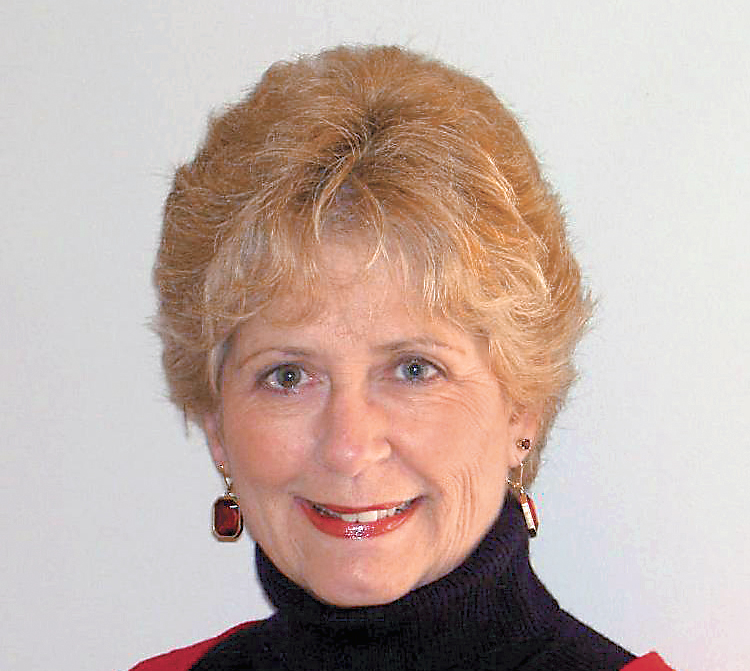Consumer Watch: 'Chargemaster' behind financial agony
Friday, January 1, 1904
Mark Kennedy's April 14 column that featured hospitals' vast overcharging of their patients via the "chargemaster" had me haul out my own notes for writing about what seems to be almost a conspiracy to defraud too many of America's sick citizens. As I re-read the March 4 issue of Time with its special report, "Bitter Pill," by Steven Brill, I realized the urgency for as many folks as possible to be aware of what's going on with our health care. (Frankly, I had no clue the extent of the horrendous practices that go on every day and everywhere.) Please, as many of you as possible, get your hands on a copy of this issue and read it carefully. Obviously, I can barely touch on its entire content, although hopefully this and my next two weeks' columns will get readers revved up to contact Congress to overhaul the industry and to be more aware of the recommended practices to save much money and heartache on down the road.
Before beginning, it's important to know that, by law, Medicare's payments cost approximately the same as the hospital when totaling costs of overhead, equipment and salaries (the cost of providing the service). That's great, if one happens to be 65. Even those with insurance don't always dodge the bullet. Perhaps your insurance company isn't necessarily a major provider and/or it sets limits on types and costs of treatments. (Just because one enjoys private insurance doesn't mean that person necessarily gets off scot free from exorbitant charges.) As Brill asks, why does an ER trip for chest pains that turns out to be indigestion cost more than a semester of college or simple lab work while in the hospital for a few days exceeds the cost of a new car? Just why are bills so high?
Tax-exempt "nonprofit" hospitals and the bills they charge the consumer dominate the nation's economy. In fact, Americans spend almost 20 percent of the gross domestic product on health care, even though the results it produces aren't any better and, in fact, are often worse than outcomes in most other developed countries. We spend more on health care than the next 10 biggest spenders in developed countries combined. Even durable supplies, like canes and wheelchairs, cost more because Congress -- heavily lobbied -- forces Medicare to pay 25 percent to 75 percent more for this type of equipment than would cost at your local Walmart. Think about this staggering fact: according to the Center for Responsive Politics, the pharmaceutical and health care product industries, combined with groups representing medical staff, institutions, health services, and HMOs, have spent almost $5.5 billion to lobby Congress since 1998. This outspends more than three times what the military-industrial complex spent on lobbying during the same period in Washington.
So what exactly is this "chargemaster" that Brill features and Kennedy mentions? A massive computer file, thousands of items long. It is every hospital's internal -- and inflated -- price list for every item from a single generic Tylenol to an experimental cancer drug dose and everything in between. In Brill's research, he found that most hospital officials with whom he spoke either turned all conversation away from the chargemaster or argued that it is irrelevant; others maintain it's simply a starting point for negotiation. However, not only do patients not know they are in a negotiation when they enter a hospital, hospitals never open their mouths about negotiating or about the chargemaster itself. This file is the basis for hundreds of billions of dollars in health care bills, and, while most people never heard of it before Brill's study, it's imperative we know exactly the financial and emotional agony for which the chargemaster is responsible.
To be continued ...
Ellen Phillips is a retired English teacher who has written two consumer-oriented books. Her Consumer Watch column appears every Saturday. Email her at consumer watch@timesfree press.com.
